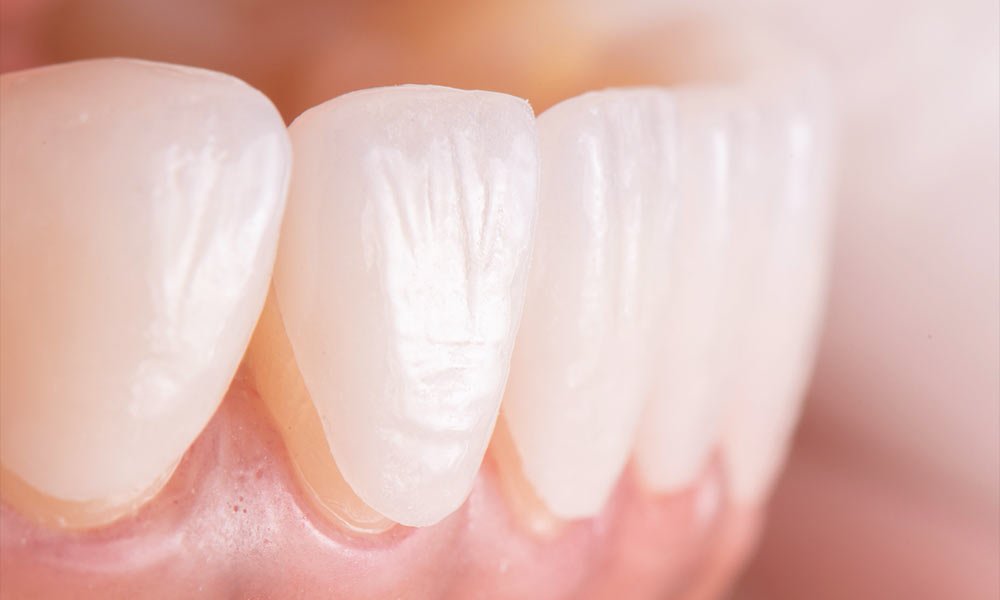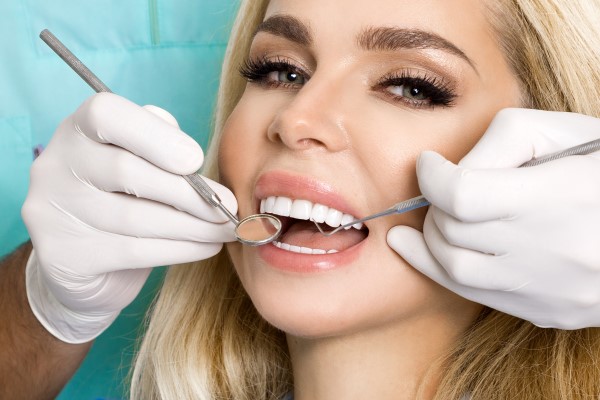
Choosing the right porcelain veneers is not just about picking a shade or shape that looks good; it’s about selecting a design that complements your unique face shape. Your facial structure plays a significant role in determining the type of Porcelain veneers that will enhance your smile in a way that suits your features and creates a harmonious, natural appearance.
In this guide, we will walk you through how to choose the best porcelain veneers for your face shape, helping you achieve a smile that is as flattering as it is stunning.
Understanding the Role of Face Shape in Veneer Selection
When selecting porcelain veneers, it’s essential to remember that your smile is part of your overall facial aesthetics. The right veneers can balance out or accentuate the features of your face, giving you a more natural and harmonious look. Different face shapes can complement certain veneer shapes and sizes, which is why understanding your face shape is the first step in making the right choice.
Think of it like choosing clothes that fit your body type. Just as a tailored suit flatters your frame, the right veneers will enhance your face shape and smile.
Different Types of Face Shapes
Before diving into how to choose veneers for your face shape, let’s first take a look at the different types of face shapes. Everyone’s face is unique, but most people fall into one of the following categories:
- Round Face: Characterized by soft, curved edges and fullness around the cheeks and jaw.
- Oval Face: Slightly longer than it is wide, with balanced features.
- Square Face: Strong, angular jawline with a broad forehead.
- Heart-Shaped Face: Wider forehead and cheekbones, narrowing down to a pointed chin.
- Long or Rectangular Face: Faces that are longer than they are wide, often with a narrow chin and forehead.
Each of these face shapes can be paired with different types of veneers to enhance natural beauty and create symmetry.

How Face Shape Influences Veneer Design
The shape of your face influences how wide, long, or short your veneers should be, as well as the curve of your smile. For example, if you have a square face with sharp angles, you may want veneers that are slightly rounded to soften your appearance. On the other hand, if you have a long face, shorter veneers can add balance and make your face appear more proportionate.
A good cosmetic dentist will take your face shape into consideration when designing your veneers. They may customize the veneer shape, length, and even the contour to ensure they enhance your facial features.
Veneer Shapes for Round Faces
If you have a round face, your features are soft, and your jawline lacks definition. For this face shape, longer and more angular veneers can help elongate the appearance of your face and create a more defined look. The goal is to add balance by shaping the veneers to mimic the natural lines of a more oval or square face.
- Veneer Design: Slightly elongated with angular edges
- Effect: Adds length and sharpness to your smile, complementing the rounded shape of your face.
Veneer Shapes for Oval Faces
Oval faces are considered the most versatile face shape. If you have an oval face, you can experiment with a variety of veneer shapes. To enhance the natural symmetry of an oval face, slightly rounded or medium-length veneers work best. These will help maintain your facial proportions without looking too sharp or exaggerated.
- Veneer Design: Balanced and moderately rounded, with a slight curve
- Effect: Enhances your natural symmetry and complements your facial proportions.
Veneer Shapes for Square Faces
Square faces have strong jawlines and a broad forehead, so softer, rounded veneers are ideal for creating a contrast to the sharp angles of your face. These veneers can help soften the features and create a more balanced look.
- Veneer Design: Rounded with soft edges, not too sharp
- Effect: Softens the angular features and creates a more harmonious smile.
Veneer Shapes for Heart-Shaped Faces
Heart-shaped faces tend to have a wider forehead and high cheekbones, with a narrow, pointed chin. To balance the face, wider veneers that taper towards the edges can help fill out the lower portion of the face and create symmetry.
- Veneer Design: Slightly wider at the top with a gradual taper toward the chin
- Effect: Adds balance by creating fullness around the mouth and jawline.
Veneer Shapes for Long or Rectangular Faces
Long or rectangular faces are longer than they are wide. To avoid further elongating the appearance of your face, shorter veneers with a slight curve are ideal. These help to create a more balanced look by shortening the visual length of the face.
- Veneer Design: Shorter, rounder, or slightly square with soft edges
- Effect: Adds width and balance to the lower portion of the face, giving a more proportional look.
Choosing the Right Veneer Shade
In addition to shape, the shade of your porcelain veneers plays a crucial role in your overall appearance. Your dentist can help you choose a shade that complements both your natural teeth and the tone of your skin.
For a natural look, opt for a shade that’s only slightly lighter than your natural teeth, and avoid overly bright or white veneers, which may look unnatural and distract from the balance of your face.
Why Consulting with a Cosmetic Dentist is Essential
Selecting the best porcelain veneers for your face shape is not a DIY job. A cosmetic dentist will consider factors such as your face shape, tooth structure, and personal preferences. They will work with you to create a customized plan that ensures your veneers not only enhance your smile but also complement your overall facial aesthetics.
Final Tips for Choosing the Best Porcelain Veneers
- Consult a Professional: Always seek guidance from a cosmetic dentist who specializes in veneers.
- Consider Your Personality: Think about the look you want to achieve—natural, subtle, or bold.
- Think About Long-Term Care: Choose veneers that fit comfortably and won’t require constant adjustments.
- Consider Your Lifestyle: Choose veneers that suit your habits and lifestyle, ensuring they fit well into your daily routine.
Conclusion
Choosing the best porcelain veneers for your face shape is all about balance and harmony. Whether you have a round, square, or oval face, the right veneers can accentuate your features and create a stunning smile that complements your unique appearance. Working with an experienced cosmetic clinic will help you select the perfect shape, size, and shade to enhance your smile and boost your confidence.
FAQs
1. How do I know which veneer shape is best for my face?
Your dentist will assess your face shape and work with you to design veneers that suit your unique features, ensuring a balanced and natural look.
2. Can veneers be customized to fit my smile perfectly?
Yes, porcelain veneers are highly customizable, and your dentist will design them to complement both your facial features and your smile.
3. Can I change the shape of my veneers later on?
In most cases, veneers can be replaced or adjusted if necessary, but it’s best to make your initial choice with careful consideration.
4. What’s the best veneer shape for a square face?
For square faces, rounded veneers work best as they soften the sharp angles and create a more balanced look.
5. Can porcelain veneers look natural on a heart-shaped face?
Yes, porcelain veneers can be customized to create a natural look on a heart-shaped face, with a design that adds fullness around the chin and jawline.




